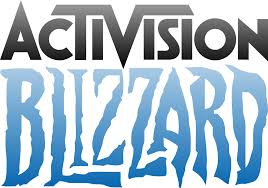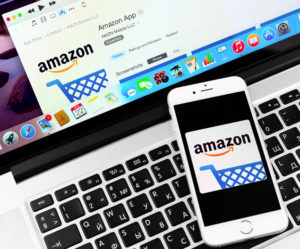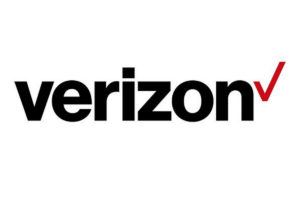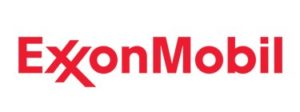The S&P 500 is a stock market index that measures the value of the stocks of the 500 largest corporations in the U.S. It reports the risks and returns of the biggest companies listed on the New York Stock Exchange or Nasdaq Composite and is something investors use as a benchmark of the overall market and compare other investments against it. Recently included into the S&P 500 is an up and coming company called Steris.
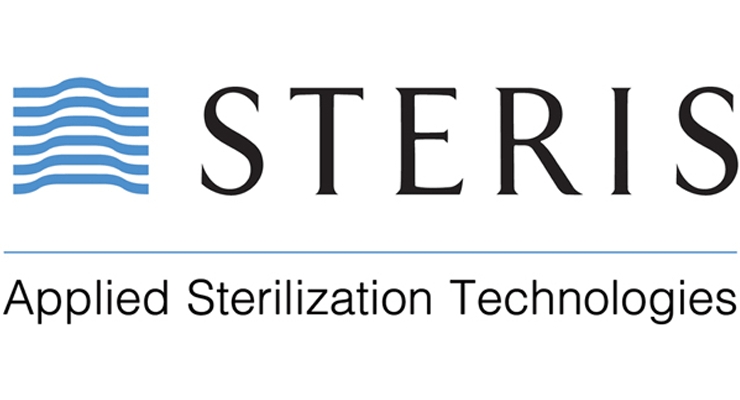
Steris is a company that supplies disinfectants, sterilizers and related services to health-care facilities. Their mission is to help their customers create a healthier and safer world by providing innovative healthcare and life science products and services around the globe. They have become a worldwide leader in infection prevention and sterilization, effectively fulfilling their promise, following the 2014 acquisition of Synergy Health, a U.K. based company, giving them a vast European footprint that was added to their North American presence.
The services that Steris offers and the products they design and manufacture help in minimizing their impact on the environment when customers use them. They pursue sustainable strategies throughout the company and are focused on becoming a lean organization. Steris has only about 12,000 employees working every day to support their mission which was inspired by their customers’ effort to create a healthier and safer world. They aim to make a difference by providing a world-class product and service solutions. Work that is rewarding for their people and profitable for their shareholders.
In fact, the company has a strong revenue model due to 75 percent of their sales being recurring sales. Accounting for half of their annual sales are consumables and infection prevention equipment. Another 30 percent of their sales comes from equipment maintenance services. The final 20 percent of their sales stem from selling surgical tables and lights. Because of the ever-looming coronavirus, global demand for disinfectants and sterilizers has continued to rise. Already the leader in this space, Steris is well positioned to continue to thrive with unmatched scale and capabilities.
